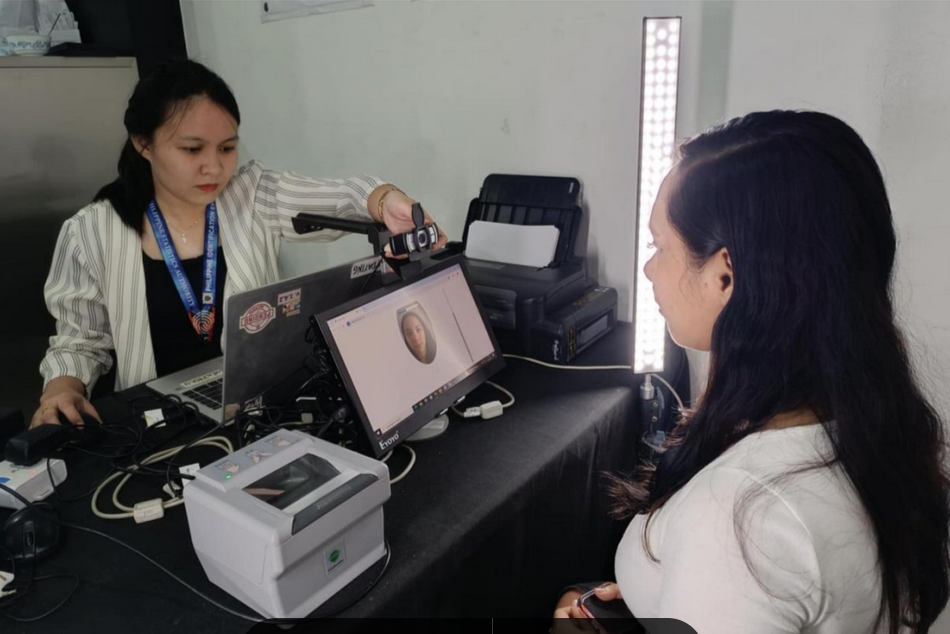
generating the digital National ID
The digital version of the national ID is now accessible and downloadable through the internet, following its recent launch by the Philippine Statistics Authority (PSA).
This digital ID bears the same functionality and validity as the printed PhilID and e-PhilID, which serves as a valid proof of identification and age in public and private transactions.
Any person registered in PhilSys can access their digital national ID by installing the eGov application on their smartphone or by visiting the website https://national-id.gov.ph.
According to Engr. Antonet Catubuan, Chief Statistical Specialist of PSA-Aklan, the rollout of the digital national ID aims to create a more efficient, secure, and convenient identification system that would greatly benefit both citizens and the "We want to ensure that everyone has ready proof of identification anywhere, anytime, by having a copy of their national ID stored in their smartphones or tablets," Engr. Catubuan explained.
She pointed out that physical IDs and ePhilIDs can be lost, stolen, or damaged, compromising the security of the identification system, while, the digital ID is more secure and less prone to tampering or loss.
By having a digital ID, transactions can be easily facilitated, making it more convenient for citizens to access government services and reducing the risk of identity theft.
When accessing the digital national ID, a consent will be asked beforehand from the owner to allow the PSA to use demographic information and authenticate facial images.
A full name and date of birth will then be supplied in the entry field, along with facial authentication. Once verification is successful, the owner can view and download the digital ID to obtain a copy.
Meanwhile, the PSA advises the public not to print the digital national ID on PVC materials or paper, as it is not allowed by law.
"The printing of digital ID on any material would defeat the purpose for which it was designed and would only create confusion regarding ID cards produced by the Bangko Sentral ng Pilipinas (BSP), which is authorized to print IDs," Engr. Catubuan said.
The printed national ID by BSP has anti-counterfeiting security features such as guilloche print, hologram, security inks, optically variable inks, and latent images similar to those used in banknotes and other security documents which are not available in digital IDs when printed.
"Consequently, printed digital national IDs should not be accepted as proof of identity or age," Engr. Catubuan emphasized.
Any person found violating this law will be sanctioned pursuant to RA 11055 or the Philippine Identification System Act.
ANTONET B. CATUBUAN
Chief Statistical Specialist

